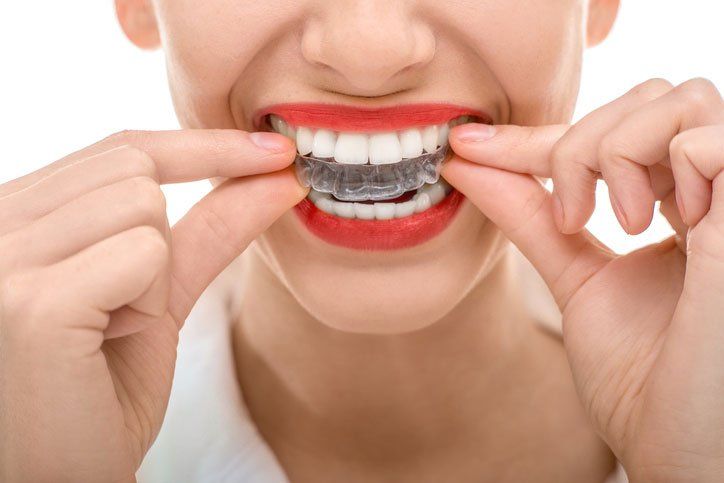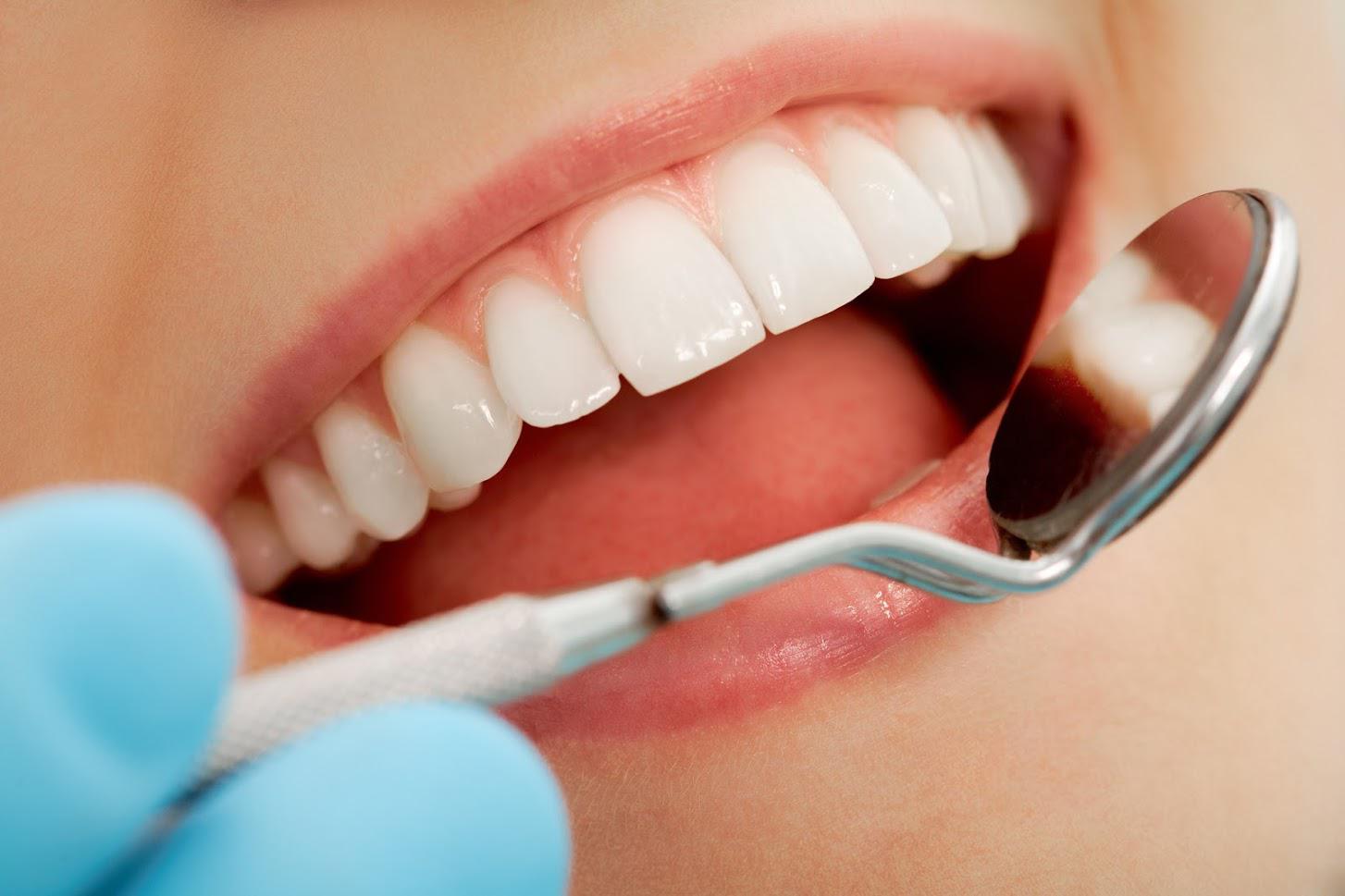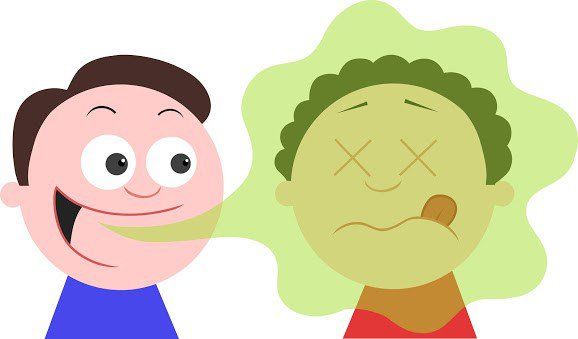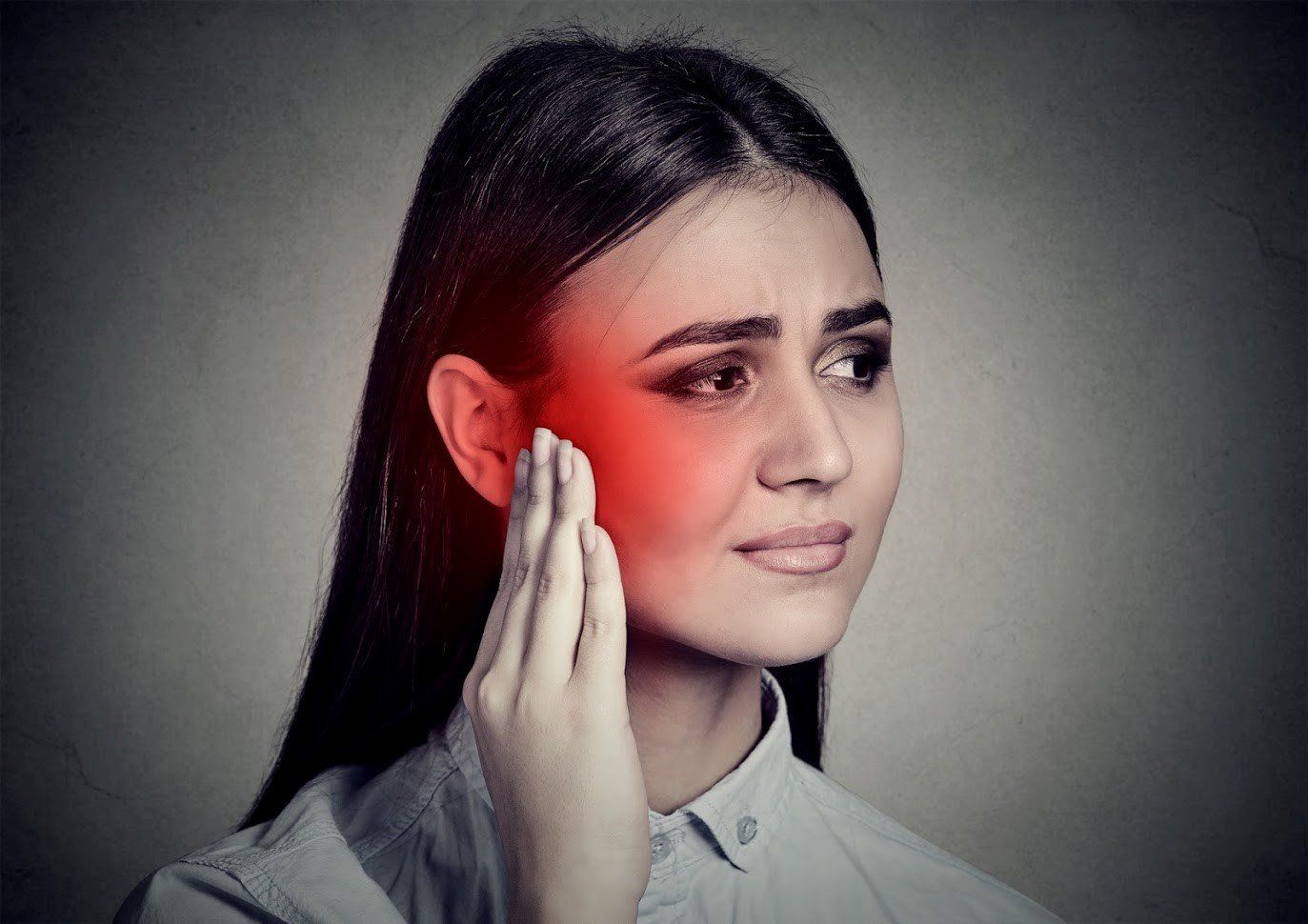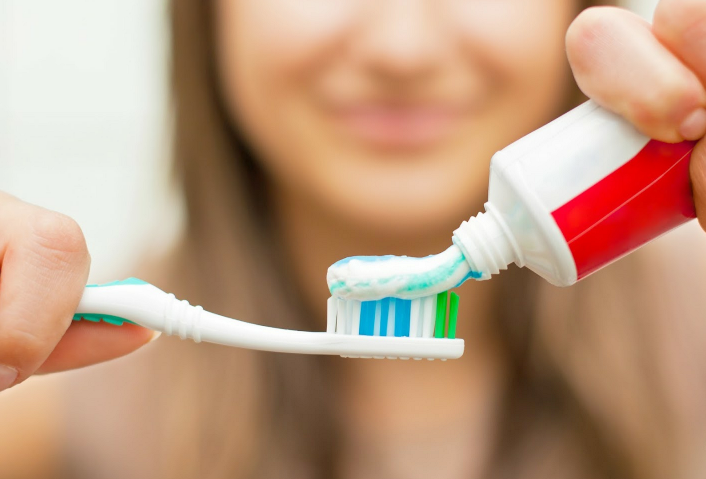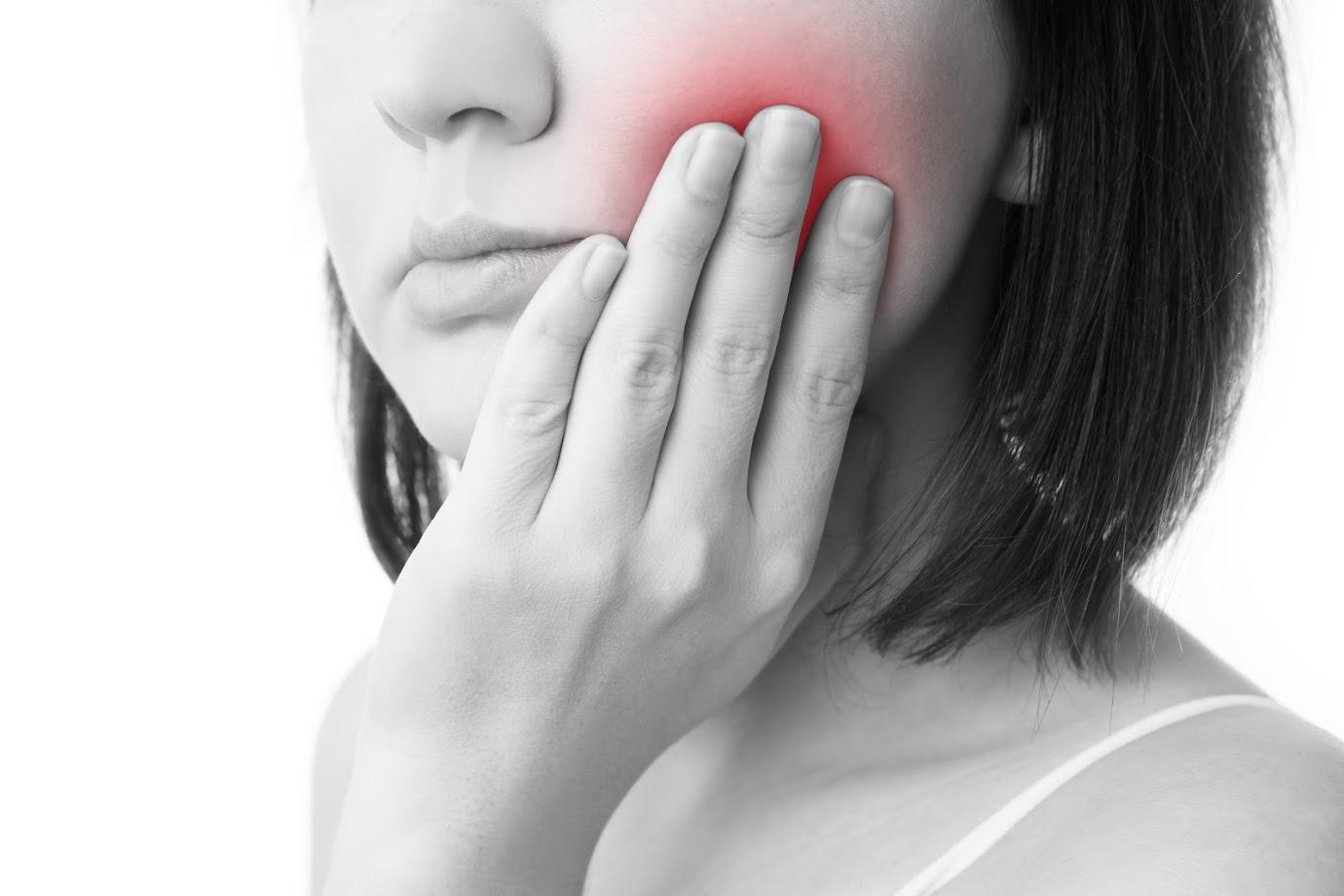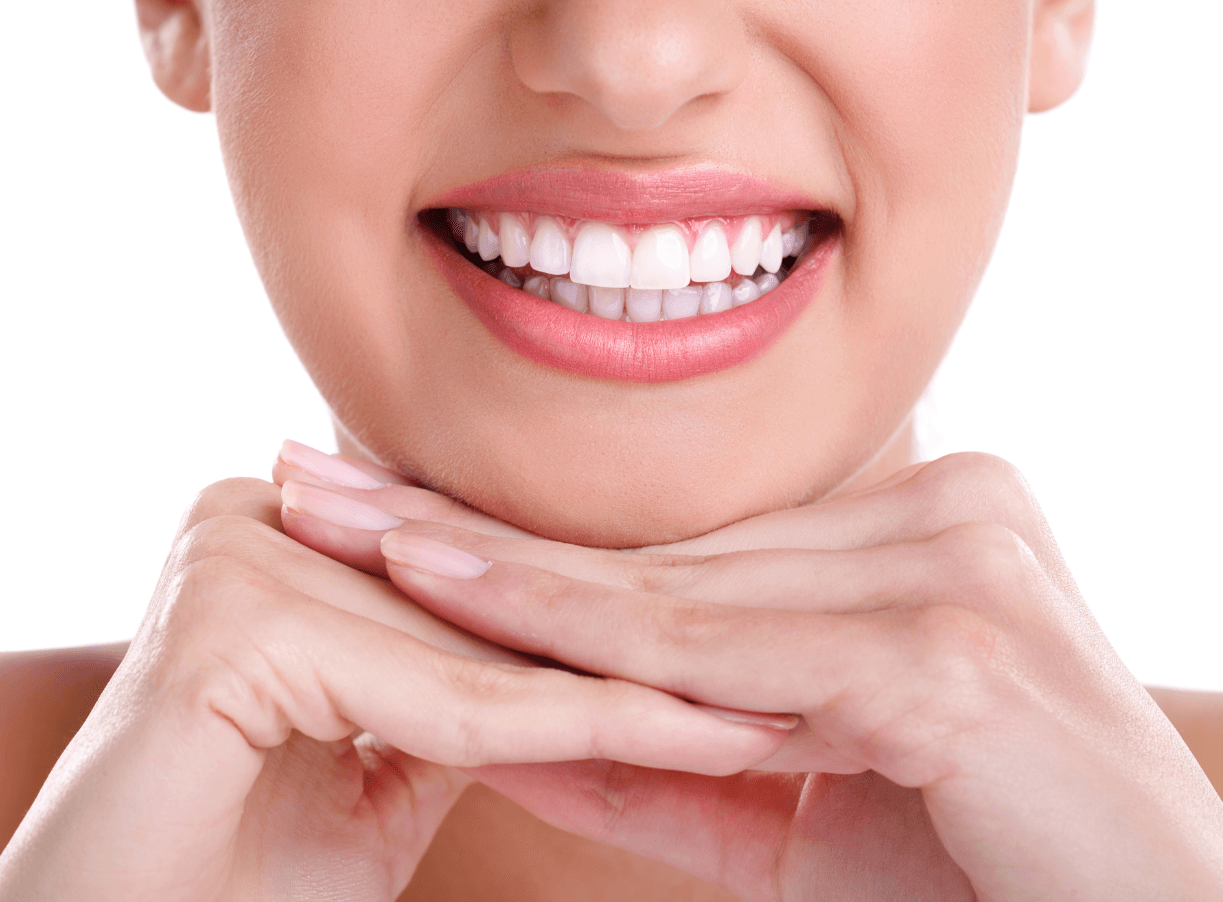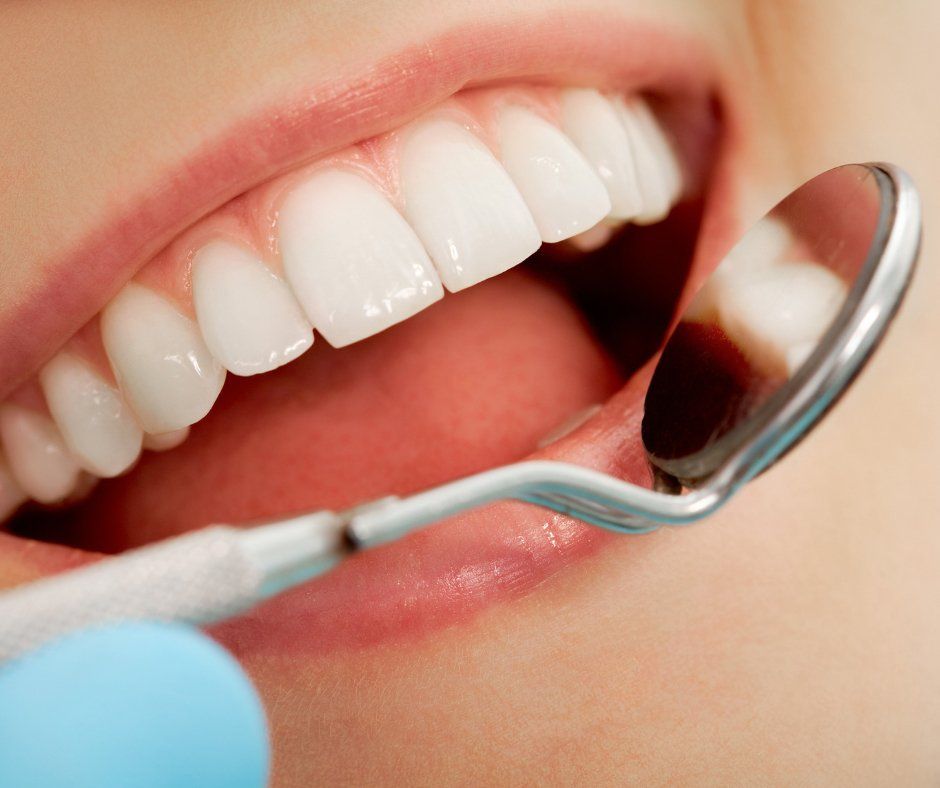A Few Reasons Why You Have a Bad Taste in Your Mouth
- By Admin
- •
- 08 Jan, 2020
- •

Improper Oral Hygiene
How often do you brush your teeth and floss? Dental patients with poor oral hygiene may experience a strong or foul taste.
To maintain a healthy mouth, you need to brush your teeth for at least two minutes twice a day. Along with proper brushing, flossing and regular (two per year) dental office visits can keep bacteria at bay. Even though every mouth has bacteria in it, without adequate care oral microorganisms can grow out of control.
The acids produced as the bacteria digest their food (sugars in your mouth) can erode enamel and eventually allow dental decay. Not only can decaying food produce a bad taste as bacteria digests it, but an infection and dental decay can also cause this oral issue.
If you aren't on top of your oral care or haven't visited the dentist in more than a year, make an appointment as soon as possible. The dentist can help you to get back into a healthy dental care routine and explore other culprits behind the bad taste.
Non-Oral Infections
Even though oral infections and dental decay can cause a strong or foul taste in your mouth that lingers for days or longer, these aren't the only microorganism-related issues to watch out for. Other, non-oral, infections can also cause an odd taste in your mouth. These include respiratory illnesses and infections of the tonsils, sinuses, or throat.
Phlegm and the related coughing of a respiratory infection can cause an off or metallic taste in your mouth. This can happen during or immediately after a cold. While a viral infection such as the common cold may cause a metallic taste, a bacterial infection (including strep throat) without mucus/coughing typically won't. Instead, this type of infection may cause a foul or bad taste.
Most viral respiratory infections resolve on their own. As the cough gradually gets better, so will the metallic taste. Bacterial infections, on the other hand, may require antibiotics. Again, as this infection clears, so will the foul taste. If the odd oral issue doesn't resolve when the infection does, you may have a dental problem. Contact your dentist to rule out other possible issues.
Dry Mouth
Chronic dry mouth, also known as xerostomia, can increase the risk for dental decay and oral infections. Saliva is your body’s way of removing debris and neutralizing acids in the mouth. Without enough saliva, you have a higher likelihood of developing cavities, and the decay-causing bacterial overgrowth that can result from dry mouth can cause an odd or bad taste.
Dry mouth has several different potential causes. These include the use of some types of medications (such as some antihistamines, decongestants, muscle relaxers, pain medications, and blood pressure medications), aging, alcohol use, tobacco use, diabetes, and nerve damage.
Before you can treat dry mouth-induced oral tastes you need to find the cause. In some cases, a change to a medication or a lifestyle adjustment can stop the problem. If these types of changes don't help, talk to your dentist about other possible causes. The dentist may prescribe or recommend a special mouthwash or rinse to restore some of the lost moisture.
Do you have a bad taste in your mouth that won't go away? Contact the office of Michael G. Landy DDS for more information on potential causes and treatment options.





